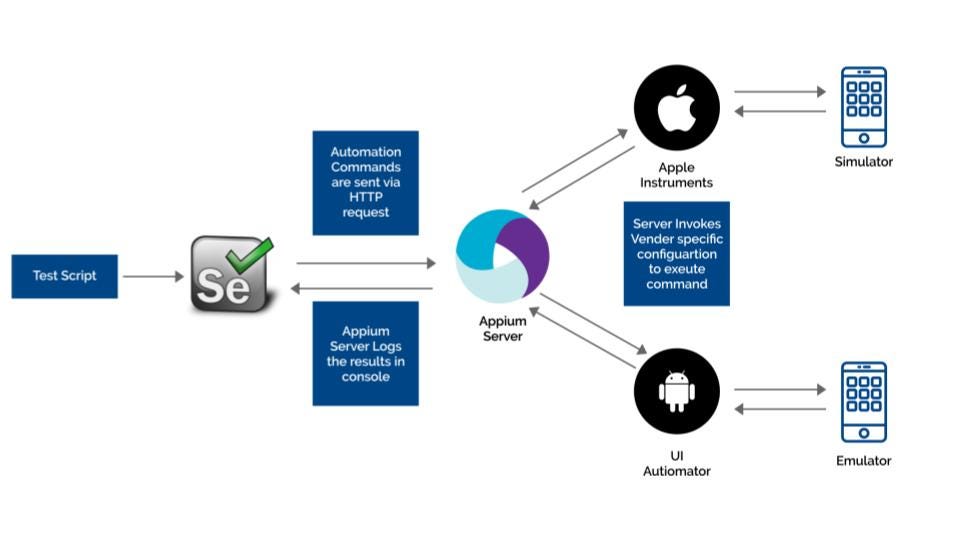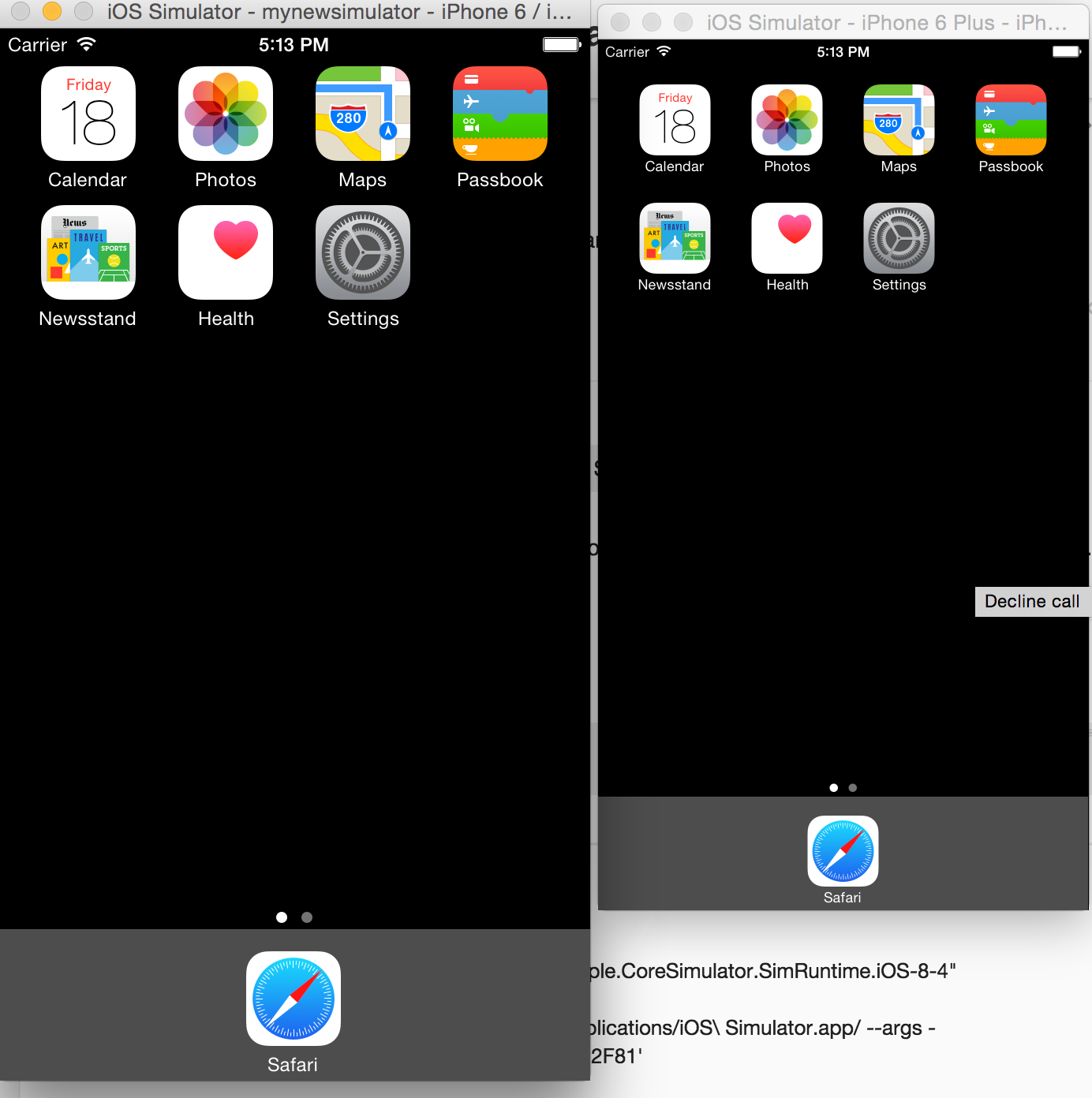

- #Appium app changes drivers#
- #Appium app changes update#
- #Appium app changes driver#
- #Appium app changes manual#
- #Appium app changes android#
By programming a test application to perform a battery of actions designed to check a product's integrity, development and QA teams were able to scale their tests beyond what human testers are capable of accomplishing.
#Appium app changes manual#
Software teams were able to move beyond slow, cumbersome manual testing using testing scripts. A manual testing session would consist of a person sitting in front of a workstation, acting as a software user, using their mouse and keyboard to interact with the program and test various aspects of its performance and integrity. It involves taking the actual actions needed to test performance, uncover bugs, and ensure security, compliance, and governance (SCaG). Manual testing was the primary method at one point in the past. Why is Appium becoming popular for mobile and web applications testing?Īs digital software began to spread to nearly every household and pocket across the globe, digital product creators were tasked with determining new ways to test their technology on a wide range of devices. The Appium framework is a key component in scaling mobile app testing to be performed autonomously and continuously. Most desirably, Appium is open source! This means that it is not only 100% free but can also be customized or integrated to fit within the desired use case.ĭigital.ai Continuous Testing leverages Appium, among other technologies, to rapidly test apps across a huge range of devices. Appium acts as a virtual server that sends commands to device-native frameworks in order for testing actions and scripts to be handled autonomously and at scale.Īppium not only coordinates tests across thousands (or tens of thousands) of real or virtualized devices, it also sends back data to the desired repository. It's recommended to call driver.label in the method, which takes a screenshot of the app final state.Appium is a service-based solution designed to simplify the process of scaling application testing to a wide variety of devices and environments. The text and a screenshot from the device will be visible in test report in App Center.
#Appium app changes drivers#
Using these drivers will still allow you to run your tests locally without additional modifications, but enables you to "label" test steps in your test execution using driver.label("text").
#Appium app changes driver#
are changed to: driver = Factory.createAndroidDriver(url, capabilities) Replace the way you instantiate your driver, such that lines in the form of: driver = new AndroidDriver(url, capabilities)
#Appium app changes update#
Step 4 - Update your driver instantiations Replace your declaration of AndroidDriver with EnhancedAndroidDriver or IOSDriver with EnhancedIOSDriver private static EnhancedAndroidDriver driver Insert this declaration in each of your test classes: TestWatcher watcher = Factory.createWatcher() Import these packages into your test classes: import .Factory

Changes to the tests Step 1 - Add imports The profile, when activated, will pack your test classes and all dependencies into the target/upload folder, ready to be uploaded to Test. If there's no section in your pom, make one.

Step 2 - Add upload profileĬopy this snippet into your pom.xml in the tag. See Step 4 for more detail on the label feature. The enhanced drivers are provided primarily to enable the label feature.
#Appium app changes android#
This code will ensure the enhanced Android and iOS drivers are available at compile time. Tests run: 2, Failures: 0, Errors: 2, Skipped: 0, Time elapsed: 0.728 sec "**/*TestCase.java" - includes all of its subdirectories and all Java filenames that end with "TestCase".īefore attempting to upload to App Center Test, make sure that running tests locally on your machine using Maven works: ➜ AppiumTest git:(main) ✗ mvn verify

"**/*Tests.java" - includes all of its subdirectories and all Java filenames that end with "Tests". "**/*Test.java" - includes all of its subdirectories and all Java filenames that end with "Test". Tests will be run using Maven Surefire, which requires tests to follow certain naming conventions: "**/Test*.java" - includes all of its subdirectories and all Java filenames that start with "Test". However, that unsupported functionality isn't QA'd in future updates and could break without warning. In some cases, tests can still work in App Center if using unsupported tooling or features.


 0 kommentar(er)
0 kommentar(er)
